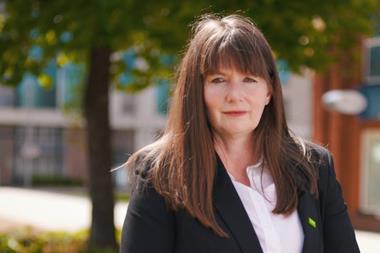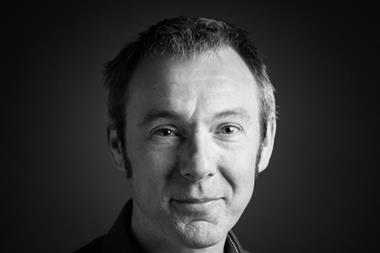Everything you need to know
-
- Salary range: £40k+
- Minimum qualifications: Degree-level qualifications (including master’s).
Undergraduate degree studied at: University of Kent - Skills required: Project management skills, organisation skills, analytical skills, numerical skills, communication, presentation skills, collaboration, problem-solving skills.
- Training required: Training in project management methodologies. Some companies might require additional project management qualifications such as PRINCE2 certification.
- Work–life balance: This role would likely involve working structured, business hours and there may be opportunities for hybrid working and working flexible hours.
- Career progression: Opportunities to progress to senior and leadership roles.
- Locations: Find related work experience positions using our map of employers
More profiles like Trevor's
What does your role involve?
The world gold council is funded by the world’s leading gold mining organisations, so approximately 60% of the top gold mining organisations fund us as their marketing and market development organisation. As a world gold council we’re all focused on gold in some way or another. Our division is very small, it’s just two of us, and our responsibilities lie within the industrial and the technological areas. We also fund a lot of new research into gold. Gold is being used in a lot of really interesting areas at the moment, including the fields of medicine, solar cell technology, fuel cell technology and things like that. We scout out new potential uses and provide funding for those projects. As part of my role, I go out and talk to lots of different people about gold, and I would suggest approximately 25% of my time is actually out of the office and much of that is abroad.
How did you get involved with your current role?
I did my degree at the University of Kent and I didn’t have a year in industry, I just did my straight three years and that was a pharmaceutical chemistry degree. So I got a really good feel for the pharmaceutical industry from my studies there, and then I went directly on to a PhD. I couldn’t do the job I do without the chemistry and my PhD.
What do you enjoy most about your job?
The buzz is always finding something new, setting up a new collaboration, getting some work going and this involves employing people as well. If we’re providing a certain amount of money to a university, they employ somebody to do some work. It’s a great buzz to know we’re in a position where we can have some effect on employment and then you start seeing the work, start seeing the reports coming in. Someone publishes a paper, acknowledging your involvement, that’s a great buzz, I wouldn’t swap that for anything.
What skills do you need?
When people ask me about what is important when you are going for a job or when you are applying for a job, I feel it is to have good presentation skills. Really work on that, especially as it’s something most people find very difficult when they’re doing their degree. A lot of people are very nervous about that type of thing - presenting, writing - but they’re really, important skills that you should always make our top priority.
What are the opportunities for career progression?
Opportunities for chemists are just vast in pretty much any area you can think of. Many financial areas appreciate the analytical skills chemists have and you’ll find that a lot of the banking staff, for example, will be chemists by training. I think it’s important not just to think, ‘right, I’m going to be in a white coat in a laboratory’, I mean if that’s what you want to do that’s absolutely brilliant. I think it’s important to realise there are a number of us who used to do that but now are doing something completely different, things we never thought we would be doing. The world’s your oyster in many respects.
First published 2013
























